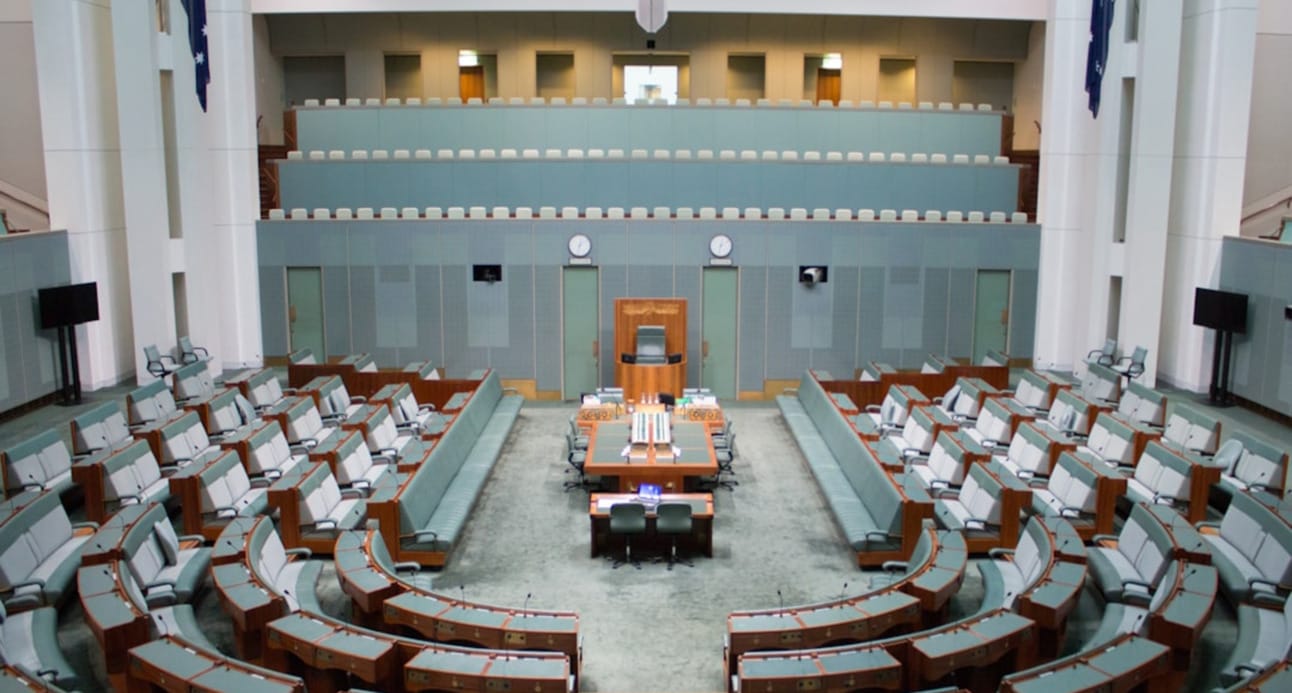Lobbying exists everywhere — not just Australia — and becomes particularly influential every couple of years when an election rolls through. Australia is full of lobbyists and lobbying groups, all trying to influence people in positions of power.
But is any of that legal? And how does it even work?
Lobbying 101
Lobbying is simply the act of influencing a decision maker. In politics, this means convincing the government to change or introduce policies. For example, if you were trying to persuade your boss to get a new coffee machine for the office, that would also be a form of lobbying.
In politics, lobbying means getting governments to alter policy or create new policies by convincing them that a change is worthwhile. You could do this by writing to a politician, although the rich and powerful tend to be heard by politicians more easily, and governments typically listen to people or groups that can create jobs, generate votes, or even threaten their voting base through advertising campaigns against the government of the day.
So then, what is a lobbyist?
A lobbyist is someone who is paid to get the ear of politicians and sway decision-making and laws in their favour.
Who gets lobbied?
Most of the time, it’s those in power – the Prime Minister and his cabinet. However, come election time, if there is a good chance that the opposition or the crossbench (including independents and minority parties) might be elected, they’ll start to be lobbied as well.
Who are these lobbyists?
Well, around 40% of all lobbyists are former public service workers – including ministers, assistants, and staff. It’s worth noting that former ministers are not supposed to lobby on matters they worked on for the last 18 months of their job, and a similar rule applies to other staff for 12 months.
We say “supposed to” because an investigation five years ago found that 29 lobbyists had broken these rules by working for organisations within that 12‑month window. More details can be found in the Auditor-General’s Report.
A majority of the lobbying organisations are represented independently. But, as with any industry, there are the big dogs. In Canberra, Thompson Gear boasts the largest number of clients – representing the likes of Amazon, Virgin, AIA, Blackmores, Ford, several defence contractors, as well as interests in minerals, construction, and mining. Just over half of the registered lobbyists at Thompson Gear are former government employees.
What happens when lobbying doesn’t work?
Now, lobbying doesn’t guarantee success.
Imagine you’re at a party fundraiser costing a few thousand dollars a head, seated at the Prime Minister’s table or the Opposition leader’s table. Suddenly, you have the chance to chat over foie gras and champagne about a policy that might come up in Parliament that week, or share ideas with a politician a few weeks before an election about what you, or your client, want to see in the next government. It might help you, it might help them – a win-win situation.
As Associate Professor Paul Williams from Griffith University told the National Account, the point of lobbying is that it’s like a duck on the water – you see the duck quietly floating on the pond while its feet are paddling furiously below the surface. That’s how politics works behind the scenes. Whether you’re a trade union, a business group, or an environmental organisation, you are all trying hard to get the attention of government.
So, can rich people, big corporations, and unions pay to play politics?
Well yes – but also no. Remember, you can write to your local politician with suggestions, too. You can lobby anyone – whether it’s your favourite footy team about a heritage jersey or your local pub to extend happy hour. Whether it works or not is another question… but that’s lobbying. And if it doesn’t work, people are certainly spending a lot of money for no reason – which would be weird indeed.
Now, if you don’t mind, I’ve got to go ask the boss about a new coffee machine.

